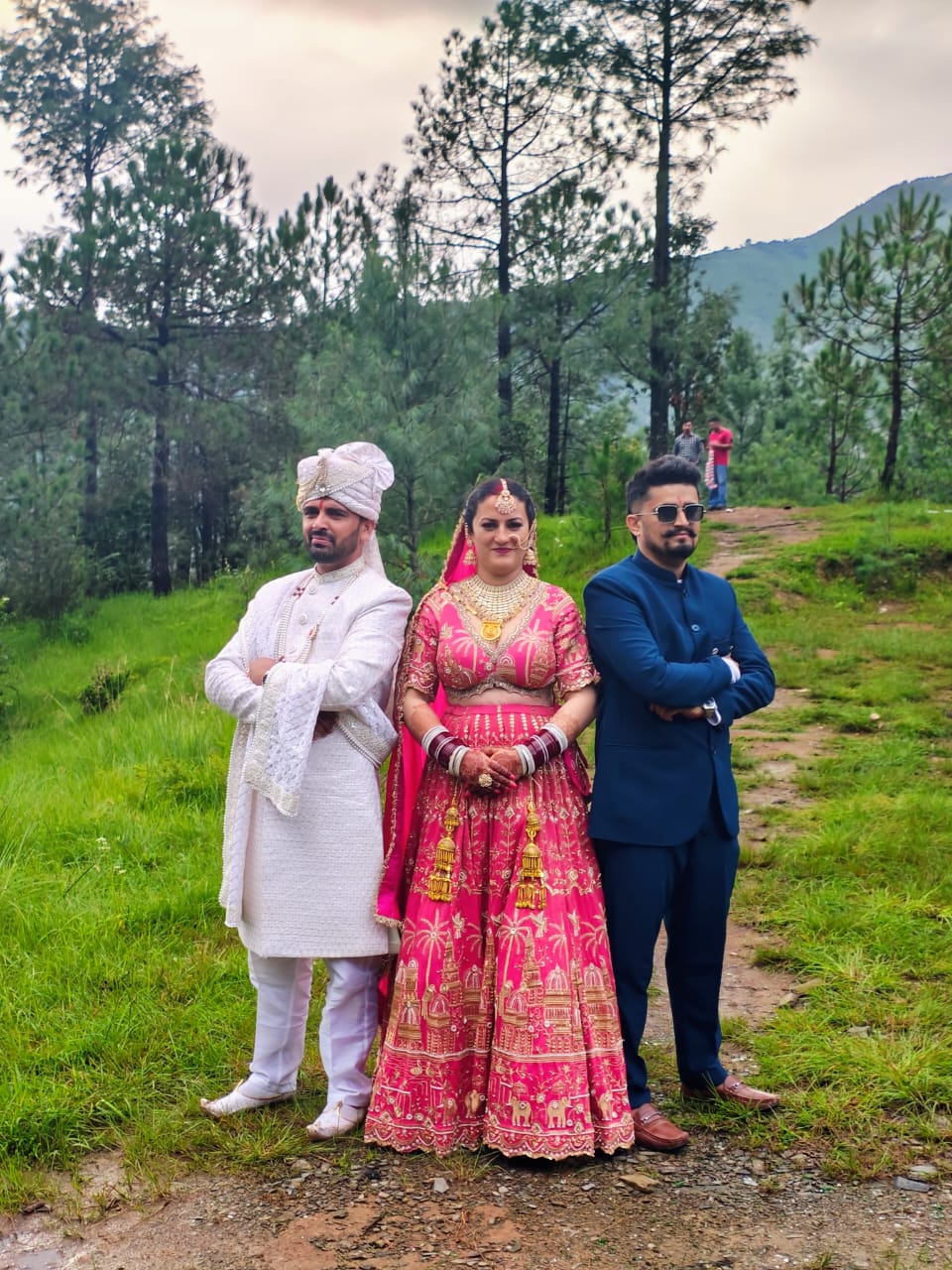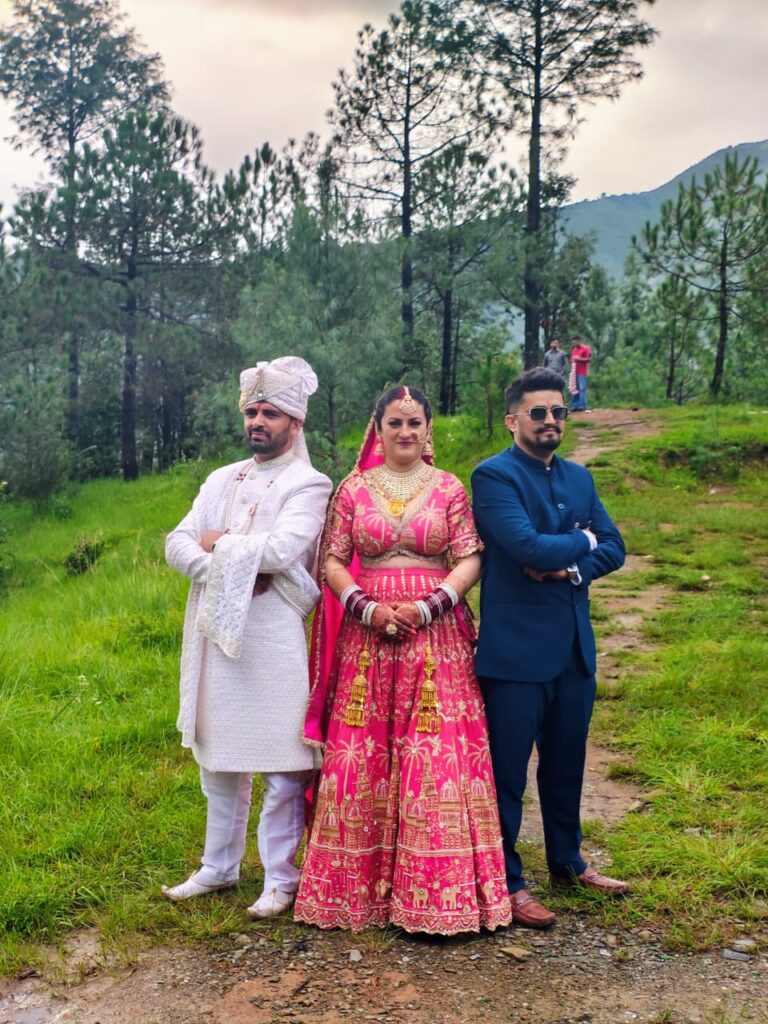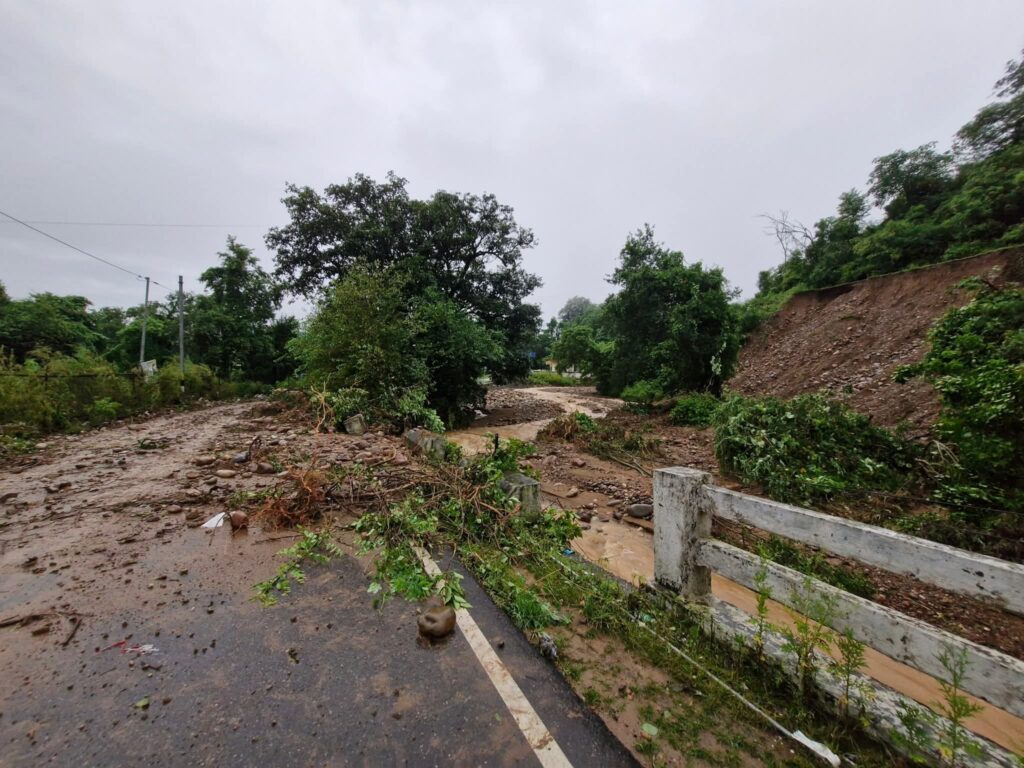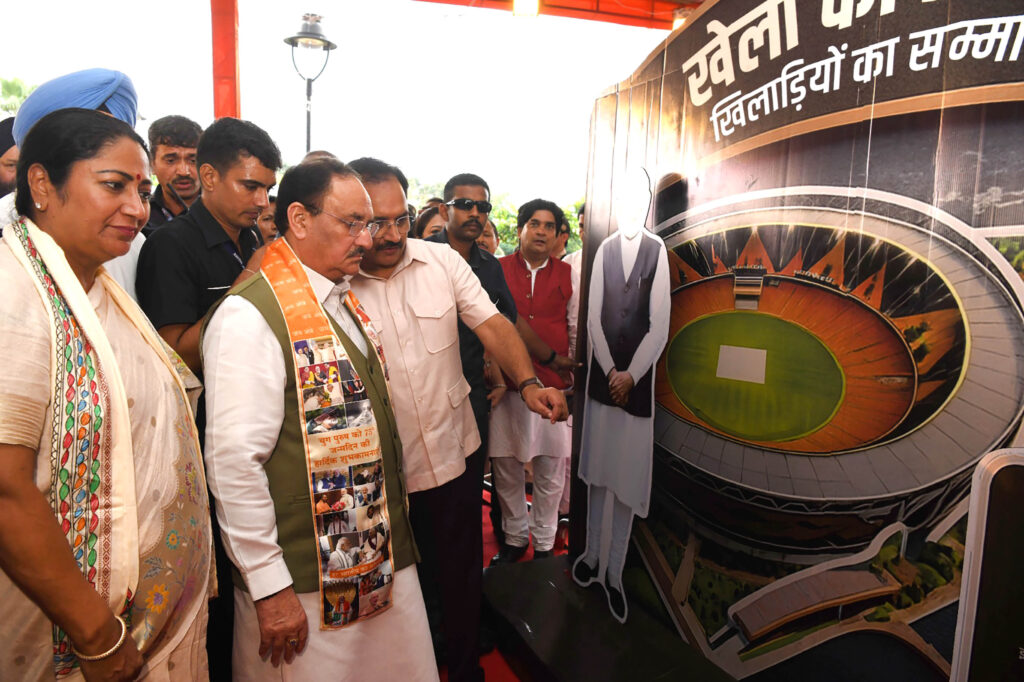
Polyandry in the Himalayas: Tradition vs. Modernity
Sunita Chauhan’s polyandrous marriage in Himachal Pradesh has ignited a national conversation. The practice, known as fraternal polyandry, is a centuries-old tradition within certain communities, primarily used to preserve land and resources within the family.
However, this age-old custom now faces significant legal and social challenges in contemporary India. The debate centers on the intersection of individual autonomy and deeply ingrained cultural norms.
Chauhan’s case highlights the agency of women within these communities, challenging preconceived notions. The Hattee community’s continued adherence to fraternal polyandry raises crucial questions about the rights of marginalized groups to define their own social practices.
The ongoing discussion surrounding Chauhan’s marriage underscores the complexities of balancing tradition with evolving legal frameworks and societal values. The future of such practices in India hinges on a sensitive understanding of cultural diversity and individual rights, ensuring the protection of marginalized communities while upholding the principles of modern justice.







